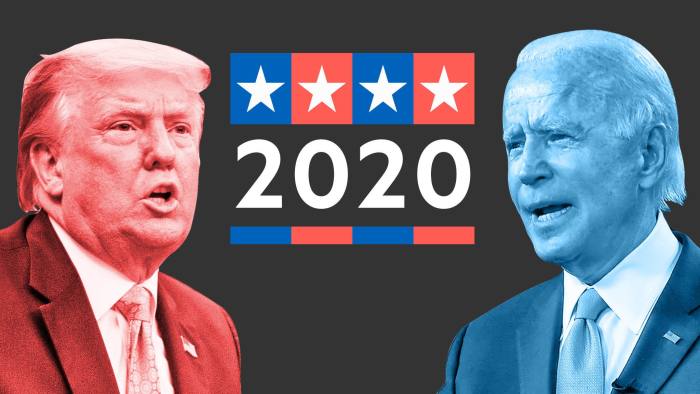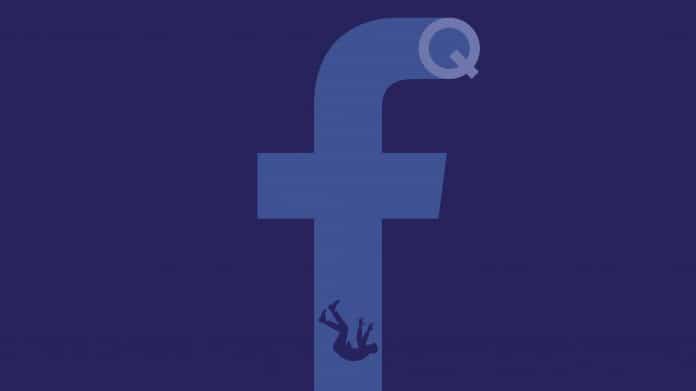Facebook has announced that it will cull all QAnon pages from its platform following heightened pressure to clamp down on the pro-Trump conspiracy theory ahead of the US election.
The world’s largest social media platform said on Tuesday it had updated its policies to ban Facebook pages and groups representing QAnon as well as QAnon Instagram accounts.
The move marks an escalation by Facebook in its crackdown against the movement, whose members believe US president Donald Trump is battling a Satanic “deep state” cabal that secretly controls the levers of global power and runs paedophile rings.
The change follows criticism that the social media network has been too slow to respond to the threat posed by QAnon and even contributed to its growth, for example by directing users towards its pages and content in its recommendations algorithms.
Responding to the concerns, Facebook said in mid-August it would remove QAnon groups that “discussed potential violence”, while seeking to limit its reach elsewhere by reducing the ranking of its content in users’ newsfeeds, banning advertising and removing pages from its recommendations. In the first month of that policy, Facebook said it took down 1,500 QAnon groups.
But experts argued that the move did not go far enough, with the movement continuing to proliferate and take on an increasingly menacing tone.
In explaining its decision to strengthen its policies against QAnon, Facebook said on Tuesday that while it had removed violence-inciting QAnon content, it had “seen other QAnon content tied to different forms of real world harm, including recent claims that the west coast wildfires were started by certain groups, which diverted attention of local officials from fighting the fires and protecting the public”.
It also said QAnon’s messaging was changing rapidly, meaning it had witnessed “networks of supporters build an audience with one message and then quickly pivot to another”. It added: “We aim to combat this more effectively with this update that strengthens and expands our enforcement against the conspiracy theory movement.”
Last year, the Federal Bureau of Investigation labelled QAnon and other fringe conspiracy theories a domestic terror threat. Nevertheless, the QAnon community exploded on Facebook in 2020, topping more than 4m followers and members by August, up from about 3m in June, according to an investigation by the Guardian.
The left-leaning non-profit Media Matters for America has identified 25 congressional candidates who have endorsed or given credence to QAnon, or promoted related content. Last month, a director in Citigroup’s information technology department was put on leave after he was identified as the operator of one of the most important QAnon websites.
In recent months, QAnon believers have infiltrated less contentious communities, particularly those dedicated to child protection, to spread their message. Facebook responded in September, directing users to “credible child safety resources” if they searched for QAnon-associated hashtags.
QAnon pages have sought to defy Facebook’s monitoring systems through such means as changing their names and encouraging users to avoid well-known hashtags.
Swamp notes

In the countdown to the 2020 election, stay on top of the big campaign issues with our newsletter on US power and politics with columnists Rana Foroohar and Edward Luce. Sign up here





